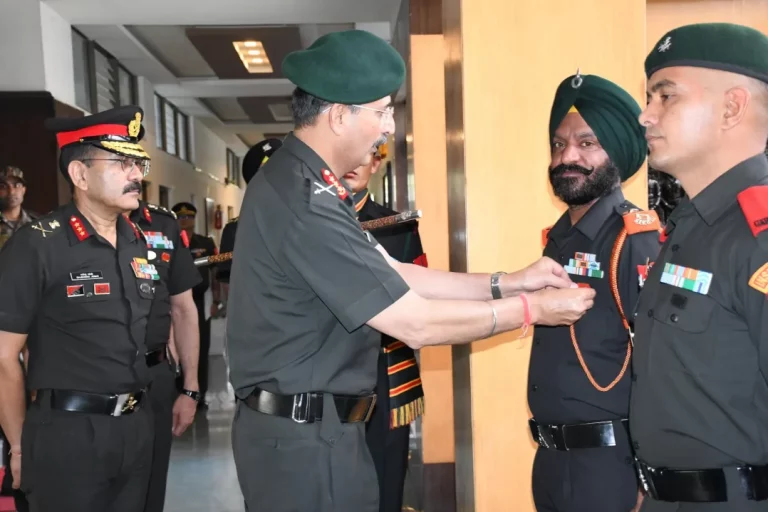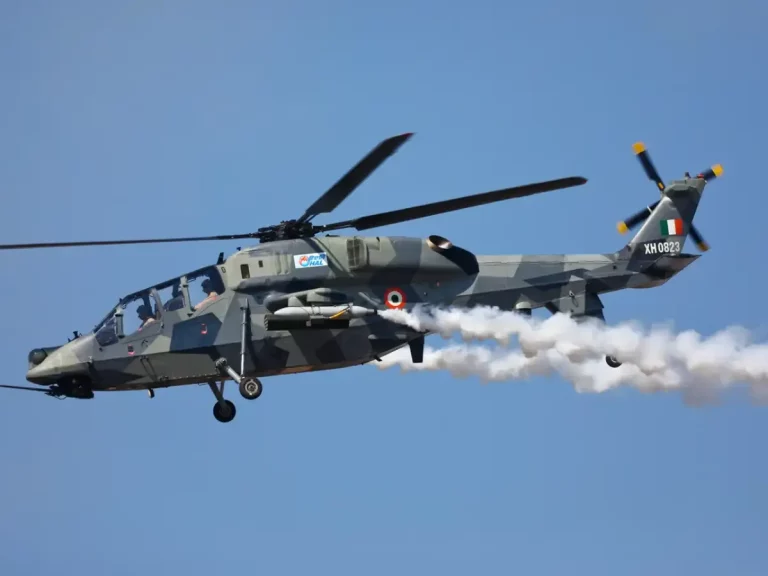The already fragile relationship between India and Pakistan has entered a new phase of tension following Operation Sindoor, a precision military response initiated by India in retaliation for the April 22 Pahalgam terror attack. This attack had devastating consequences, claiming the lives of 26 civilians, the majority of whom were tourists. The retaliatory measures, consisting of air and drone strikes on May 7, targeted multiple terrorist camps situated in Pakistan-administered Kashmir and Punjab, reigniting international concern regarding regional stability in South Asia.
A pivotal figure in the planning and execution of Operation Sindoor is Air Marshal AK Bharti, the Indian Air Force’s Director General Air Operations. His leadership from Air Headquarters in New Delhi has garnered a mix of national praise and scrutiny. While his family, based in Purnea, Bihar, expressed immense pride in his role, the public disclosure of their whereabouts has raised significant concerns about the operational security and safety of military families during heightened tensions.
The operation was launched in response to claims made by the Tehreek-e-Mujahideen (TRF), a militant outfit based in Pakistan, which took responsibility for the attack in Pahalgam. India has maintained that its strikes were targeted, proportionate, and in line with its right to self-defense as per international law. In contrast, Pakistan dismissed any involvement in the incident and condemned the operation as a clear violation of its sovereignty. This led to reciprocal military actions and cross-border skirmishes, further escalating the conflict.
The diplomatic fallout from these events was swift. International organizations and foreign governments quickly issued urgent appeals for restraint, cautioning that any further escalation between the two nuclear-armed neighbors could have catastrophic consequences. Economically, the situation also triggered significant turbulence, with the Bombay Stock Exchange (BSE) Sensex and the Pakistan Stock Exchange experiencing sharp declines before stabilizing following a mutually agreed ceasefire on May 12.
Human rights organizations have raised alarms over potential civilian casualties and long-term displacement resulting from the military actions. The Human Rights Commission of Pakistan (HRCP) has gone so far as to label India’s airstrikes as potential “crimes against humanity,” calling for an impartial international investigation into the strikes.
As the situation evolves, there is growing focus on the humanitarian and strategic ramifications of Operation Sindoor. Analysts are debating the legality of India’s military response under Article 51 of the UN Charter while weighing the ethical implications of such actions, which risk escalating into a larger conflict.
The case of Air Marshal Bharti’s family highlights the complexities of information security in modern warfare. The intersection of media coverage, social media, and leaked information can complicate operational planning and endanger those connected to national defense. This episode serves as a reminder that while military operations may be conducted with precision, the broader impacts extend far beyond the battlefield, influencing diplomacy, domestic security, and global geopolitics.
As both nations navigate the volatile aftermath of Operation Sindoor, the international community watches closely, hoping for a resolution that prioritizes restraint and diplomacy over further confrontation.







